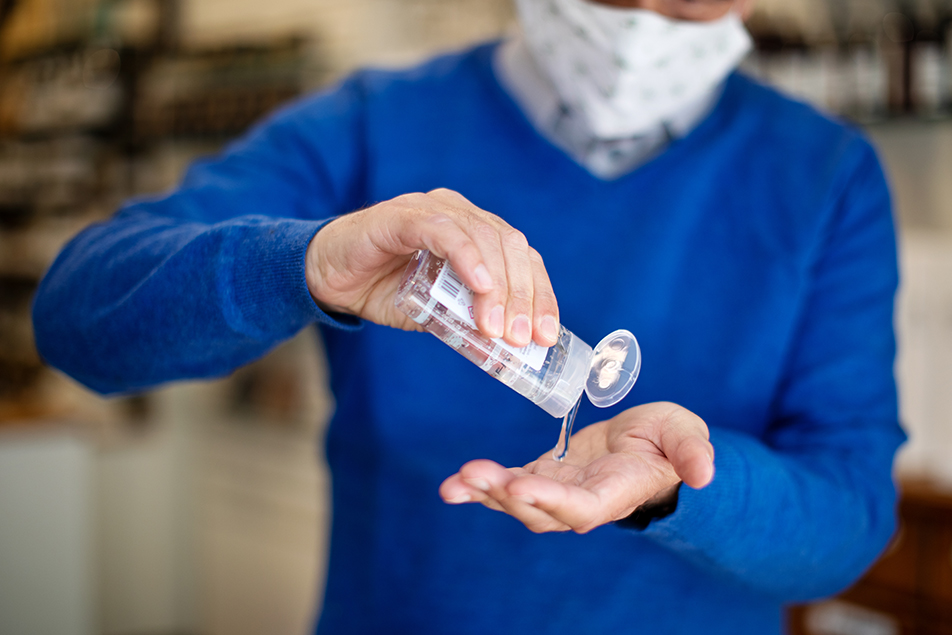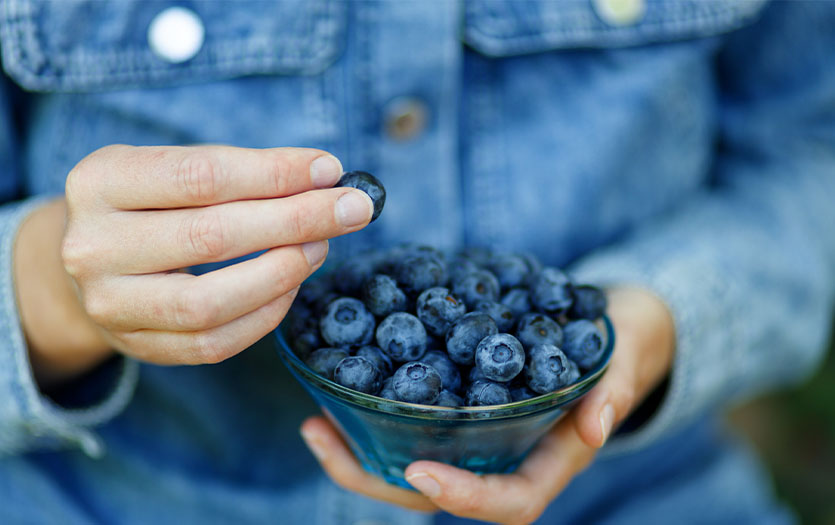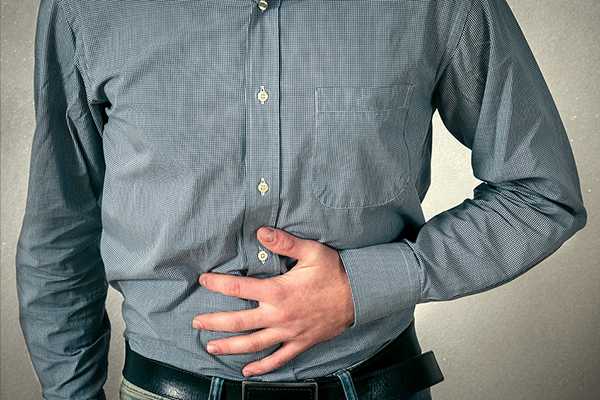
This post was written by Ashley Logan, PharmD, Parkview Health.
Proper hand hygiene is incredibly important when it comes to preventing the spread of various diseases, including COVID-19, whether that be through washing your hands with soap and water or using appropriate hand sanitizers. If soap and water are not available, the Centers for Disease Control and Prevention (CDC) recommends a hand sanitizer with at least 60% alcohol. While this liquid is a safe alternative, recent headlines have addressed a number of recalls. Here, we outline some of the reasons not all hand sanitizers are created equal.
How do I use hand sanitizer correctly?
Hand sanitizer works best when rubbed all over the hands until dry. Be sure to get between your fingers and on the back of your hands when applying. The hand sanitizer you choose should contain at least 60% alcohol.
What makes hand sanitizer dangerous?
Hand sanitizers approved by the Food & Drug Administration (FDA) are generally safe when used properly. This means it is applied to the hands and then dry before touching other areas of the body such as the face and eyes. Recently, some hand sanitizers have been found to have a substance called methanol, or wood alcohol, in the mixture. Methanol can be toxic when absorbed through the skin and can be life-threatening if ingested.
What are the risks?
Hand sanitizers are very dangerous if ingested. Avoid purchasing hand sanitizers in containers that resemble drinks, candy or liquor bottles, as this could lead to accidental ingestion of the product, particularly with children. Additionally, hand sanitizers are flammable and should be kept away from heat or open flames.
Hand sanitizers could potentially cause dry skin or skin irritation when used or used often. Using a hand sanitizer with moisturizer could help with these side effects.
How does one know which products to avoid?
The FDA provided this list of hand sanitizers that consumers should currently avoid. This list is always changing, so be sure to check it regularly before purchasing or applying a new product.
Are homemade hand sanitizers safe?
The FDA does not recommend making your own hand sanitizer at home. If made incorrectly, the hand sanitizer could be ineffective or cause harm to the user, such as skin burns. Also, adding alcohol to non-alcohol hand sanitizers is not likely to create an effective product.
Is there a shelf-life for sand sanitizer?
According to the FDA regulations for over-the-counter drug products, they must have a printed expiration date listed on the product or have shown to be stable for at least three years. Look for the expiration date on your product and discard if the date has passed or discard after three years of having purchased and used the product.
Are soaps better than hand sanitizer?
According to the CDC, it is recommended to use soap and water when you need to cleanse your hands. Hand sanitizer should be used only if soap and water are unavailable for use. If hands are visibly soiled, soap and water are still the preferred method of cleaning your hands.



